Departments & Offices
Health & Human Services Agency
The California Health & Human Services Agency (CalHHS) oversees 12 Departments and four Offices that provide a wide range of services in the areas of:
- Health care
- Mental health
- Public health
- Substance use disorder services
- Income assistance
- Social services
- Assistance to people with disabilities
More than 33,000 public servants work throughout CalHHS at headquarters in Sacramento, regional offices across California and state institutions and residential facilities as well.
Departments
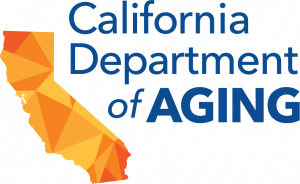
The California Department of Aging (CDA) administers programs that serve older adults, adults with disabilities, family caregivers, and residents in long-term care facilities throughout the State. These programs are funded through the federal Older Americans Act, the Older Californians Act, and through the Medi-Cal program.
For more information, visit the California Department of Aging website.
![]()
In California, child support services are provided to the general public through a network of 47 local child support agencies, operated at the county level. If you have a child or children and are no longer in a relationship with the other parent, talk to us about child support. We help ALL parents navigate the child support process from beginning to end, whether the parents were married or not, live in different states or are even in a different country.
For more information, visit the California Child Support Services website.
The mission of the Department of Community Services and Development (CSD) is to improve the economic security of vulnerable Californians through programs and partnerships that support the state’s diverse communities.
For more information, visit the Department of Community Services & Development website.
The California Department of Developmental Services (DDS) works to ensure Californians with developmental disabilities have the opportunity to make choices and lead independent, productive lives as members of their communities in the least restrictive setting possible.
For more information, visit the Department of Developmental Services website.
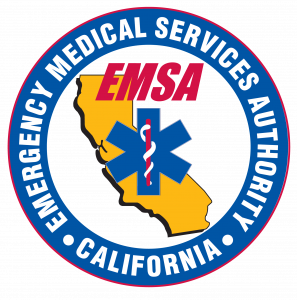
The EMS Authority is charged with providing leadership in developing and implementing EMS systems throughout California and setting standards for the training and scope of practice of various levels of EMS personnel. The EMS Authority also has responsibility for promoting disaster medical preparedness throughout the state, and, when required, coordinating and supporting the state’s medical response to major disasters. Emergency and disaster medical services in California are rooted in the skills and commitment of the first responders, EMTs, nurses, physicians, and administrators who deliver care to the public and operate the system. In order for high quality services to be delivered with high efficiency, all aspects of EMS systems must work together, mutually reinforcing and supporting each other for the benefit of the patient. The California EMS Authority, through standard setting, consensus building, and leadership, plays a central role in improving the quality of emergency medical services available for all Californians.
Fore more information, visit the Emergency Medical Services Authority website.
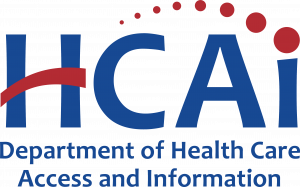
California’s Department of Health Care Access and Information (HCAI) is the leader in collecting data and disseminating information about California’s healthcare infrastructure. HCAI promotes an equitably distributed healthcare workforce, and publishes valuable information about healthcare outcomes. The Department also monitors the construction, renovation, and seismic safety of hospitals and skilled nursing facilities and provides loan insurance to assist the capital needs of California’s not-for-profit healthcare facilities.
For more information, visit the Department of Health Care Access and Information website.
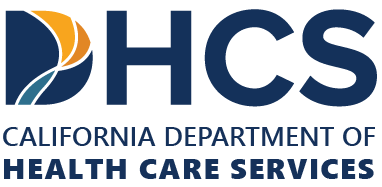
The mission of the Department of Health Care Services (DHCS) is to provide Californians with access to affordable, integrated, high-quality health care, including medical, dental, mental health, substance use treatment services and long-term care. Our vision is to preserve and improve the overall health and well-being of all Californians.
For more information, visit the Department of Health Care Services website.
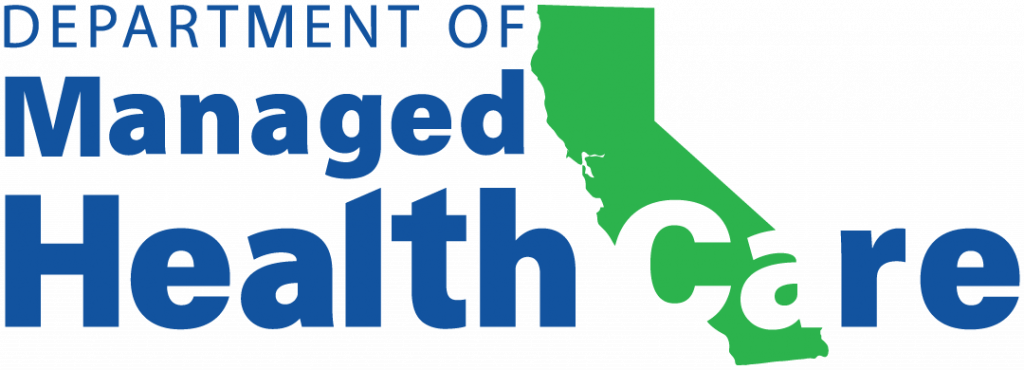
The California Department of Managed Health Care protects consumers’ health care rights and ensures a stable health care delivery system.
For more information, visit the Department of Managed Health Care website.
The California Department of Public Health (CDPH) works to protect the public’s health in the Golden State and helps shape positive health outcomes for individuals, families and communities. The Department’s programs and services, implemented in collaboration with local health departments and state, federal and private partners, touch the lives of every Californian and visitor to the state 24 hours a day, 7 days a week.
For more information, visit the California Department of Public Health website.
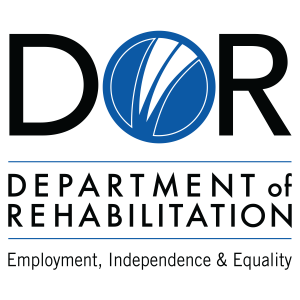
The California Department of Rehabilitation (DOR) works in partnership with consumers and other stakeholders to provide services and advocacy resulting in employment, independent living, and equality for individuals with disabilities.
DOR administers the largest vocational rehabilitation and independent living programs in the country. Vocational rehabilitation services are designed to help job seekers with disabilities obtain competitive employment in integrated work settings. Independent living services may include peer support, skill development, systems advocacy, referrals, assistive technology services, transition services, housing assistance, and personal assistance services.
We believe in the talent and potential of individuals with disabilities. We invest in the future through creativity, ingenuity, and innovation. We ensure our decisions and actions are informed by interested individuals and groups. We pursue excellence through continuous improvement. We preserve the public’s trust through compassionate and responsible provision of services.
For more information, visit the Department of Rehabilitation website.

The Department of State Hospitals (DSH) manages the California state hospital system, which provides mental health services to patients admitted into DSH facilities. The department strives to provide effective treatment in a safe environment and in a fiscally responsible manner.
DSH oversees five state hospitals: Atascadero, Coalinga, Metropolitan (in Los Angeles County), Napa and Patton. All facilities are fully licensed by the California Department of Public Health, and must regularly meet or exceed regulatory standards to continue providing care. In fiscal year 2019-2020, the department served 9,211 patients and employed nearly 13,000 staff in a 24/7 hospital system.
For more information, visit the Department of State Hospitals website.
Offices

The Office of Law Enforcement Support (OLES) plays a critical role in protecting some of the most vulnerable people in our society—the developmentally disabled and the mentally ill. The State of California is committed to ensuring patients and clients within the Department of State Hospitals (DSH) and Department of Developmental Services (DDS) are safe and receiving appropriate care and treatment. Established by statute in 2014, OLES takes our oversight responsibilities seriously, and we continually strive to add value, expertise and transparency to law enforcement operations within DSH and DDS facilities throughout the state.
For more information, visit the Office of Law Enforcement Support website.
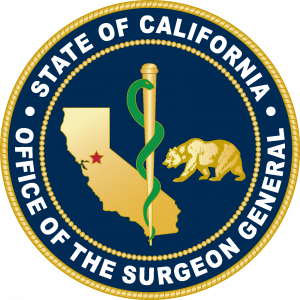
The Governor established the role of Surgeon General in 2019 on his first day in office as part of a series of major health care proposals and actions. The California Surgeon General is a key spokesperson on public health issues throughout the state and advises the Governor on efforts to address health risks and challenges as effectively and as early as possible.
Dr. Diana E. Ramos is a well-recognized public health leader dedicated to improving health care quality and equity. She recently served as the Assistant Deputy Director of Chronic Disease Prevention for the California Department of Public Health. Past roles include the Director for Reproductive Health in the Los Angeles County Department of Public Health and adjunct Associate Professor at the Keck University of Southern California School of Medicine.
For more information, visit the Office of the California Surgeon General website.
CalHHS Office of Technology and Solutions Integration’s (CalHHS OTSI) expertise and experience uplifts Californian’s overall wellness through the enhanced delivery of best-in-class IT and data strategy and solutions that fuel health and Human Services Delivery. As a unified team, we align our leadership, expertise, and experience to wholeheartedly contribute to fulfilling the mission and achieving the strategic priorities of CalHHS.
We are not only technology providers but also dedicated partners in growth. Our team of experienced professionals and innovative thinkers are dedicated to providing transformative solutions. We integrate the latest in technology with an in-depth understanding of the necessities of public service, ensuring that every individual in California has access to health and human services that are efficient and dependable. We work together with CalHHS and its departments to promote significant and beneficial changes.
For more information, visit the Office of Technology and Solutions Integration website.
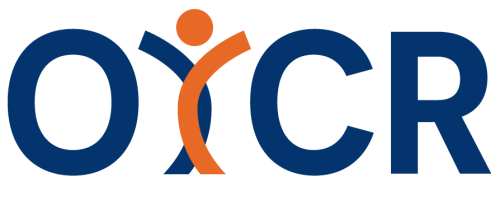 Effective July 1, 2021, pursuant to Senate Bill 823, a new Office of Youth and Community Restoration (OYCR) operates within the California Health & Human Services Agency. Supporting the transition of justice involved youth being served in local communities, the OYCR will promote a youth continuum of services that are trauma responsive and culturally informed, using public health approaches that support positive youth development, build the capacity of community-based approaches, and reduce the justice involvement of youth.
Effective July 1, 2021, pursuant to Senate Bill 823, a new Office of Youth and Community Restoration (OYCR) operates within the California Health & Human Services Agency. Supporting the transition of justice involved youth being served in local communities, the OYCR will promote a youth continuum of services that are trauma responsive and culturally informed, using public health approaches that support positive youth development, build the capacity of community-based approaches, and reduce the justice involvement of youth.
By promoting the use evidence-based and promising practices, the OYCR will improve youth and public safety outcomes by
- Reducing the transfer of youth into the adult criminal justice system,
- Reducing racial and ethnic disparities, and
- Increasing community-based responses and interventions.
The OYCR will also assess the efficacy of local programs, provide technical assistance and support, review local Juvenile Justice Realignment Grants, fulfill statutory obligations of an Ombudsperson and develop policy recommendations.
For more information, visit the Office of Youth and Community Restoration webpage.

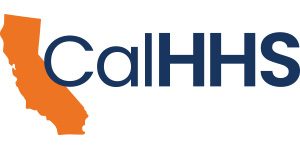

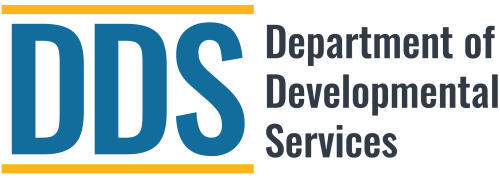
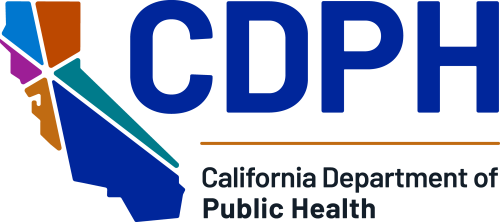
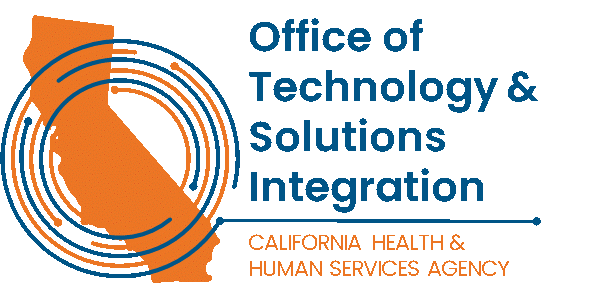
The California Department of Social Services’ mission is to serve, aid, and protect needy and vulnerable children and adults in ways that strengthen and preserve families, encourage personal responsibility, and foster independence. The Department is comprised of more than 4,200 employees who are responsible for the oversight and administration of programs serving California’s most vulnerable residents.
Fore more information, visit the California Department of Social Services website.